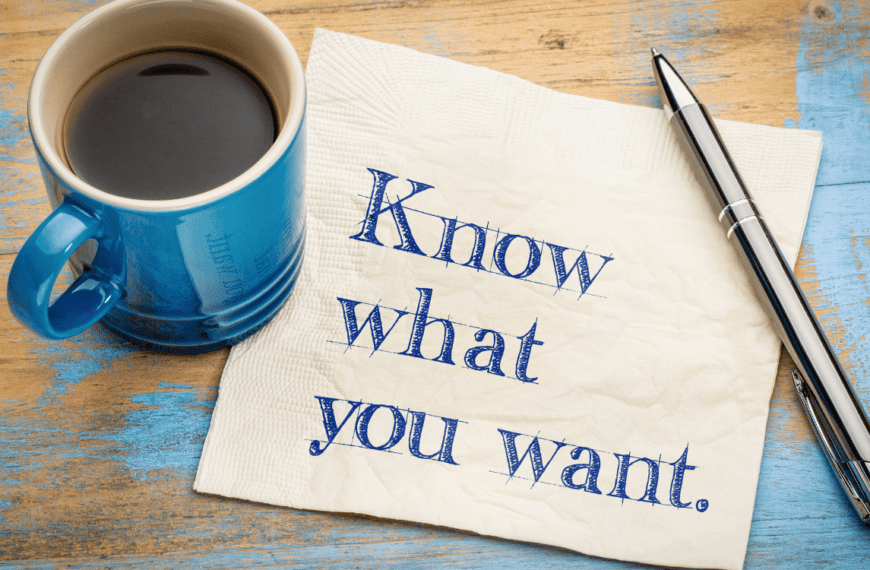Are you carrying a heavy load of resentment and anger? Does holding onto grudges feel like you’re chained to the past, unable to move forward truly? “Learn to Forgive & Fly Free: Unburden Yourself for a Lighter Life” explores the power of forgiveness and how letting go can lead to a happier, healthier you.
This blog will show you how forgiveness isn’t about condoning lousy behaviour but about releasing yourself from negativity. Discover the many benefits of letting go, from reduced stress and improved relationships to a lighter spirit and greater inner strength.
Ready to break free and soar towards a better life? Buckle up and get ready to learn how forgiveness can be your ticket to a lighter, more fulfilling future.
Imagine a flock of birds soaring through a break in a heavy chain. They are free, light, and able to fly wherever they choose. The broken chain, however, lies discarded on the ground, a heavy reminder of the confinement that once held them captive.
Holding onto a grudge is like clinging to that broken chain. It weighs you down, restricts your freedom, and keeps you focused on the past. Forgiveness, on the other hand, is like releasing the chain and allowing yourself to fly free. It’s about letting go of anger, resentment, and the desire for revenge.

Life throws curveballs. We experience betrayal, disappointment, and moments where someone’s actions leave us feeling hurt and angry. It’s natural to want to lash out, seek revenge, or hold onto a grudge. You replay the scenario, stewing over what they said or did. Perhaps you fantasise about confronting them and making them feel the pain they inflicted on you. But what if that burning desire for payback is holding you back?
Imagine this: You’re walking down the street, minding your own business, when someone bumps into you, spilling your coffee and muttering a half-hearted apology. Annoyance flares. They didn’t even look up! Now, you have a decision to make. Do you chase after them, demanding a better apology and a new cup of coffee? Or do you brush it off, grab a napkin, and continue on your way? While getting a replacement coffee would be nice, chasing after that person takes time and energy and keeps you focused on them, not your path.
Holding onto a grudge is similar. You carry a crumpled piece of paper representing the hurt or offence. You clench it tightly behind the person who wronged you, determined not to let it go. The problem? They’re probably oblivious to the paper you’re holding, going about their day.
Meanwhile, you’re stuck, walking a path dictated by that piece of paper and the person in front of you. Forgiveness isn’t about condoning their actions or forgetting what happened. It’s about dropping that crumpled paper, releasing yourself from the burden, and walking forward with a lighter step.
Why is Forgiveness So Hard?
Letting go of a grudge can be incredibly difficult. We may feel:
- Justified anger: The person did something wrong, and it’s natural to be angry.
- Fear of being taken advantage of again: Forgiving feels like opening ourselves up to future hurt.
- A desire for justice: We want the other person to acknowledge their wrongdoing and suffer some consequence.
These are all valid feelings. There’s no right or wrong way to grieve a hurt; forgiveness can take time.
Why is forgiveness so hard?
Forgiveness can be difficult because of anger, fear of being hurt again, and a desire for justice. These are all valid feelings, and there’s no right or wrong way to grieve a hurt.
The Power of Beliefs and Faith
Many religions and spiritual traditions emphasise the importance of forgiveness. The Bible teaches us to “love our enemies and pray for those who persecute us” (Matthew 5:44). The Quran states, “And let them pardon and forgive – do you not wish that Allah would forgive you?” (Quran 24:22). Buddhist teachings speak of metta, or loving-kindness, which includes cultivating compassion for ourselves and others. These beliefs encourage us to see forgiveness not as a weakness but as a path to inner peace and liberation.
The Benefits of Letting Go

Here’s why forgiveness can be a powerful tool for improving your overall well-being:
- Reduced Stress and Anger: Holding onto negativity is like constantly reliving the hurt. Forgiveness allows you to release those negative emotions, leading to a calmer and more peaceful state of mind.
- Improved Relationships: Letting go of grudges can open the door to reconciliation with those you care about. Even if a complete repair isn’t possible, forgiveness allows for a more civil and potentially less strained interaction.
- Boosted Physical Health: Studies have shown that chronic anger and resentment can have negative health consequences. Forgiveness can help reduce stress hormones and lead to better overall health.
- Greater Inner Strength: Choosing forgiveness over resentment demonstrates personal growth and resilience. It shows you can control your emotions and not be a prisoner of the past.
What are the benefits of forgiveness?
Letting go of grudges can lead to reduced stress, improved relationships, better physical health, and greater inner strength.
The Downside of Holding Onto Grudges
On the other hand, clinging to unforgiveness can have serious consequences:
- Constant negativity: Living in a state of anger and resentment can damage your mental and emotional well-being. It can be exhausting and make it difficult to enjoy life.
- Damaged Relationships: Holding onto grudges can create distance and conflict in your relationships. It can make it difficult to trust and forgive others, even those who haven’t wronged you.
- Physical health problems: Chronic anger and stress can lead to a variety of health issues.
What are the downsides of holding onto grudges?
Clinging to unforgiveness can cause constant negativity, damage relationships, and lead to physical health problems.
Taking the First Step Towards Freedom
Forgiveness is a journey, not a destination. Here are some tips to help you begin:
- Acknowledge your feelings: Don’t bottle up your emotions. Talk to a trusted friend, therapist, or counsellor. Journaling, for example, using an AI writing assistant such as Gemini or Chat GPT and asking their opinion can also be a non-intrusive, personal, helpful way to process your feelings.
- Shift your focus: Instead of dwelling on the past, focus on the present and the future. What positive things are happening in your life? What are you looking forward to?
- Practice empathy: Try to see things from the other person’s perspective. Why did they behave that way? Does it change how you feel about the situation? Gemini or similar AI can be invaluable in seeing other perspectives (Remember, empathy doesn’t excuse their actions but can help you understand them better.)
- Practice self-compassion: Be kind to yourself. Holding onto a grudge hurts you more than anyone.
How can I start to forgive someone?
Acknowledge your feelings, shift your focus to the present and future, try to see things from the other person’s perspective, and practice self-compassion.
The Decision to Forgive is Yours
The decision to forgive ultimately lies with you. There’s no right or wrong way to do it. Forgiveness isn’t about letting the other person off the hook; it’s about setting yourself free. Drop that crumpled paper, walk with your head held high, and choose the path towards a lighter, more peaceful life.
Is forgiveness about letting the other person off the hook?
No. Forgiveness is about setting yourself free from the burden of anger and resentment.
Conclusion
Letting go of grudges isn’t always easy, but it’s a journey worth taking. “Learn to Forgive & Fly Free” has equipped you with the knowledge and tools to begin this transformative process. Remember, forgiveness is a choice to prioritise your own well-being and break free from the shackles of the past.
By choosing to forgive, you can release the chains of resentment, reduce stress, strengthen your relationships, and ultimately, embrace a lighter, more fulfilling life. Take a deep breath, spread your wings, and soar!











